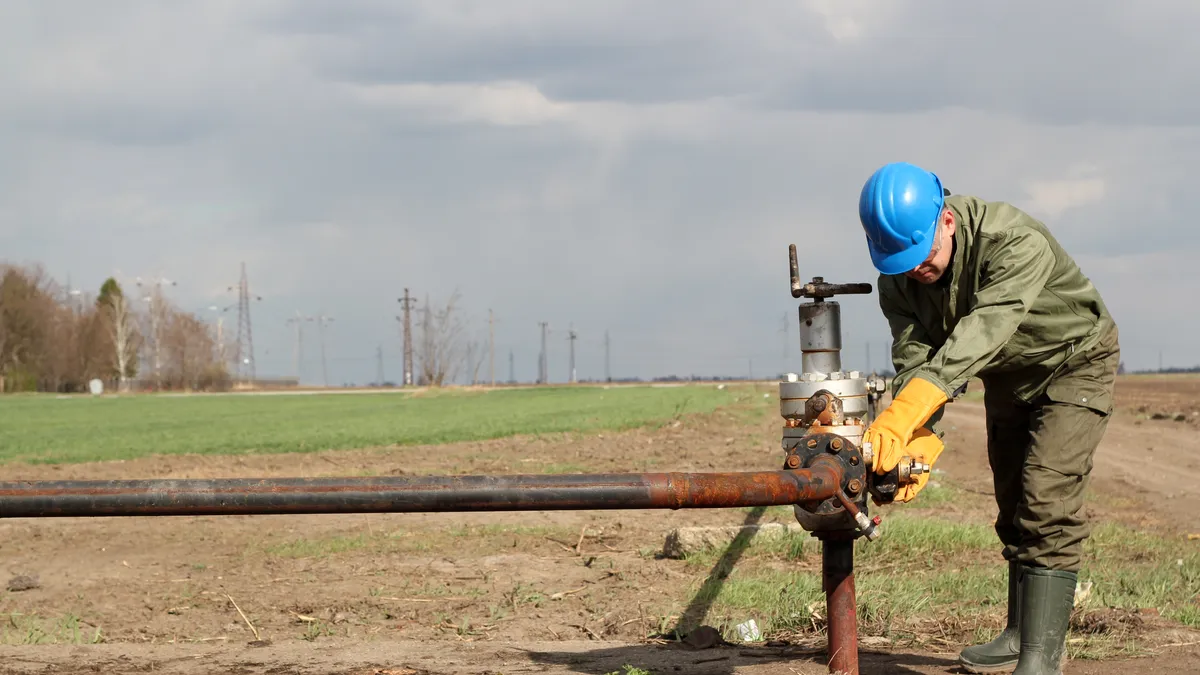Dive Brief:
- Weeks after the Massachusetts Supreme Judicial Court ruled the state can not require electric customers to foot the bill for gas pipeline development, a utility backing the Northeast Access project said it is not giving up as long as the region needs additional fuel supplies, the New Hampshire Union Leader reports.
- According to the news outlet, officials at Eversource, a major utility supporter of the line, have informed regulators that its work on the project continues and it will seek a alternative path through Massachusetts.
- Eversource Energy and National Grid both pulled support for Spectra Energy's proposed line after the court's decision, and some opponents have declare the pipeline proposal DOA. The Access Northeast Project would expand the existing Algonquin Gas Transmission system and add liquefied natural gas storage assets in the region.
Dive Insight:
New England continues to need new gas supplies, and Eversource executives say Massachusetts' high court ruling in August may have slowed transport options but it did nothing to address the underlying demand. According to the New Hampshire Union Leader, utility executives are continuing to search for a way forward fo the Northeast Access project.
And a utility spokesman, Martin Murray, told the newspaper, “we can’t continue to increase demand and reliance on natural gas for electricity without addressing the supply. ... The Massachusetts court decision does not solve that challenge and, for our part, Eversource will continue to work to help develop a solution.”
According to Spectra, the company proposing the the project, expanding the Algonquin would boost peak day deliveries of gas on the coldest winter day by up to 925,000 dekatherms per day.
While the conventional wisdom has been that New England needs more gas, not everyone agrees. Project opponents have pointed to the proposal in Massachusetts possibly saddling electric ratepayers with the cost, as evidence the need for gas is being overplayed.
Massachusetts Attorney General Maura Healey has argued that requiring electric ratepayers to pay for new natural gas pipeline capacity "effectively shifts the risks associated with building these projects to ratepayers, contrary to the state’s policies of the past two decades," She opposed customer support for the project, and last year, released a study that questioned the need for more capacity in the region.
The 1 Bcf Algonquin expansion also calls for upgrading existing pipeline facilities and storage assets. But Healey has said the region's energy needs should be met with efficiency and demand response instead.
After the state Supreme Court's decision in August, four utilities—NSTAR, Western Massachusetts Electric, Massachusetts Electric and Nantucket Electric— withdrew petitions to acquire capacity on the line at the request of Healey.















